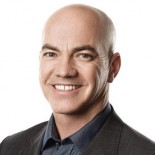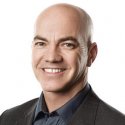
You have to find the fitness plan that works for you. Interval training is a great option for the time-pressed individual.
Interval training consists of periods of relatively intense training and rest periods. Rest may be complete inactivity or low-intensity periods. High intensity interval training (HIIT) boosts heart rate to 80-85% of maximal heart rate. Sprint interval training is the more extreme variety that pushes you to the max. Sprint interval training is the most efficient.
Your best bet is to push out of your comfort zone a bit more each time. Exert yourself a little more than usual. Elevate your heart rate more than what you're accustomed to. An interval for you might be speeding up your walk for a bit before returning to your regular rate. You can use perceived effort of exertion to monitor your intervals.
The more intense your workout, the less time you have to spend working out to realize benefits.
A “one minute workout” is a ten-minute process. Warm-up takes two minutes. There are three cycles of 20-second sprints followed by two minutes of recovery. Cool down takes one minute.
Listen as Dr. Martin Gibala joins Dr. Pamela Peeke to discuss interval training so you can find what’s right for you.
